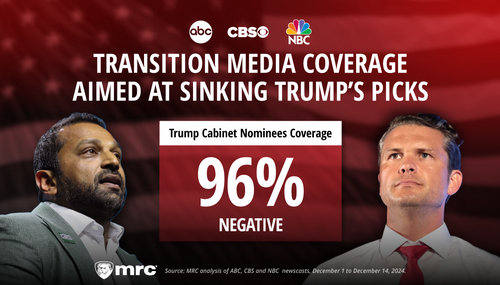(Excerpt from Fear or Fact by Howard Nemerov)
(Author’s note: The United Nations is currently meeting to discuss ways of implementing “adequate controls” over the international arms trade. What this means in real language is that they seek a way to implement global civilian disarmament. Here is a glimpse of how that actually plays out.)
More than 500,000 people have been killed by firearms in
Brazil/>/> between 1979 and 2003, according to a new report by the United Nations.
The study found that there were more gun-related killings in
Brazil/>/> than in most war zones.
Guns are the single biggest cause of death among young people in the Latin American nation, the organisation says.
The U.N. has urged lawmakers to approve plans for a referendum in October on whether to ban the sale of firearms.
The United Nations has been promoting world-wide civilian disarmament since the 1990s. Their professed goals are encapsulated in the reference above: guns kill people, therefore the people should not have access to guns. If all guns were restricted from civilian access, would this halt the international arms trade, thus eliminating criminal access and reducing crime as well? Most importantly, is it really true that civilian firearms are the biggest threat to our global safety and security?
Deciding their government could not protect them, the Brazilian people recently rejected the proposal to ban civilian firearms in their country:
But the referendum backfired for proponents. Earlier this year, support for the ban was running as high as 80 percent. But in the weeks before the referendum, both sides were granted free time to present their cases on prime-time TV, and the pro-gun lobby began to grow.
Analysts said the pro-gun lobby benefited from equal time on television in the final weeks of the campaign and that they cannily cashed in on Brazilian skepticism of the police.
“They ask the question: ‘Do you feel protected and do you think the government is protecting you?’ and the answer is a violent no,” said political scientist David Fleischer of the University of Brasilia.
Curiously, only after Brazil’s referendum did reports begin to surface supporting this “Brazilian skepticism of the police.” One such report noted that Brazilian police committed numerous “cold-blooded executions” of those considered to be drug-gang members. At times, the police were documented to commit mass murder in a manner more in keeping with the gangsters they reputedly hunted:
The authorities say it is mainly criminals caught in military-style raids on drug gangs but according to a former senior official, new evidence suggests that many of the shootings are cold-blooded executions conducted by the police.
But in the spring of this year events took a sinister turn when, on 31 March, two men entered a bar and started shooting, not once or twice, but again and again. Most of the victims were shot at close range - in the chest and in the head.
In all, 29 people were shot dead, apparently not by members of a criminal drug gang - but by off-duty police officers.
“Around 60% of the bodies of people that were killed by the police had more than six shots,” explains Professor Lemgruber.
“Most of them [were shot] in the head and in the back - mostly executions.”
Another article reported that in recent years, about 5% of the 20,000+ average annual firearms-related killings mentioned at the beginning of this chapter have been committed by
According to human rights organizations and government statistics, police in Rio and its suburbs — home to a population of 11 million — have taken the lives of more than 4,000 people in the past five years. In the first 10 months of this year, more than 900 died at the hands of police.
As Brazilian police are armed with military-grade weapons, it appears that Brazil really is a war zone, which explains the unusually high murder rate. Disarming law-abiding citizens would not have stopped either the gangs or the police: the Brazilian people knew this, and their vote acknowledged the reality of their situation.
The U.N. recommends that weapons not be sold to dictatorships, countries at war, or countries that will re-export them. But Brazil exported arms to Iraq while it was ruled by Saddam Hussein (1979-2003) as well as to Angola during the civil war there. It also continues to sell weapons to
Exporting as many arms as possible is “faulty pragmatism”, argued Rangel, considering the “boomerang effect” through which exported guns later fall into the hands of criminals in Brazil. Despite the progress made in terms of legislation, this has still not translated into effective control of both domestic and foreign sales of weapons.
Brazilian-made pistols used by the Colombian guerrilla forces have been found in Brazil itself, while research by Viva Rio reveals that many of the guns seized from drug traffickers in Rio de Janeiro had been exported to Paraguay.
At the beginning of this paper is an article stating “guns are the single biggest cause of death among young people” in Brazil, and as a solution, the United Nations urged Brazil to consider banning the sale of civilian firearms. Now we find that Brazil, by contravening a U.N. recommendation, has actually brought its own consequences down upon itself. The above quote shows once again that criminals do not care about laws, or U.N. regulations, but seek to carry out their own agendas with no regard to the consequences for others. More importantly, it shows how autocratic national governments, in cahoots with arms manufacturers within their country, conspire to enlarge their bottom line at the expense of a government-disarmed populace.
(Please write the United Nations to oppose their global gun ban, and tell your representatives to halt all funding and support of the United Nations.)




